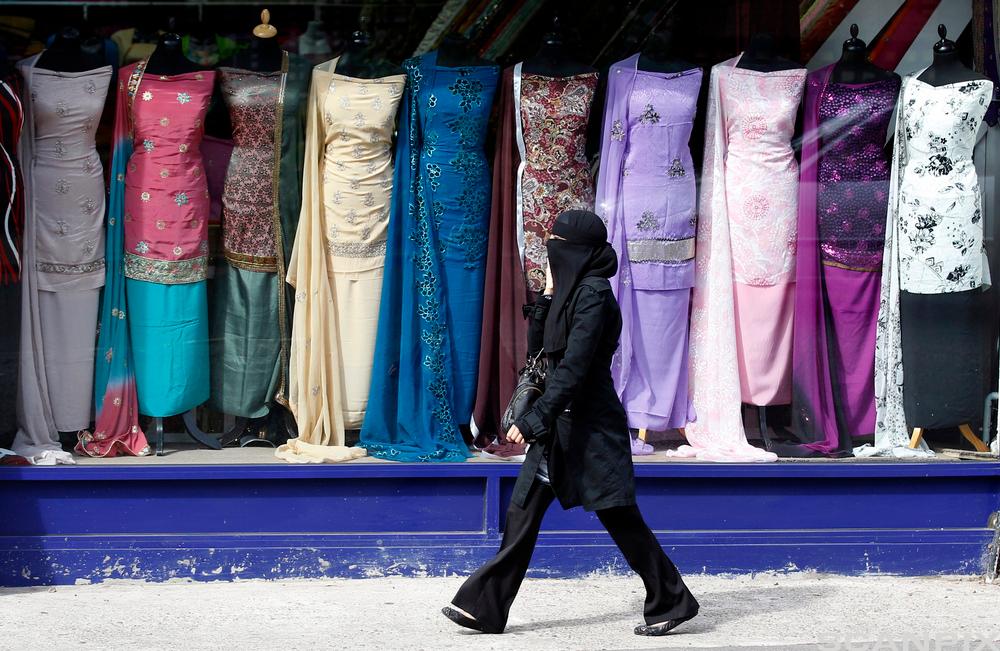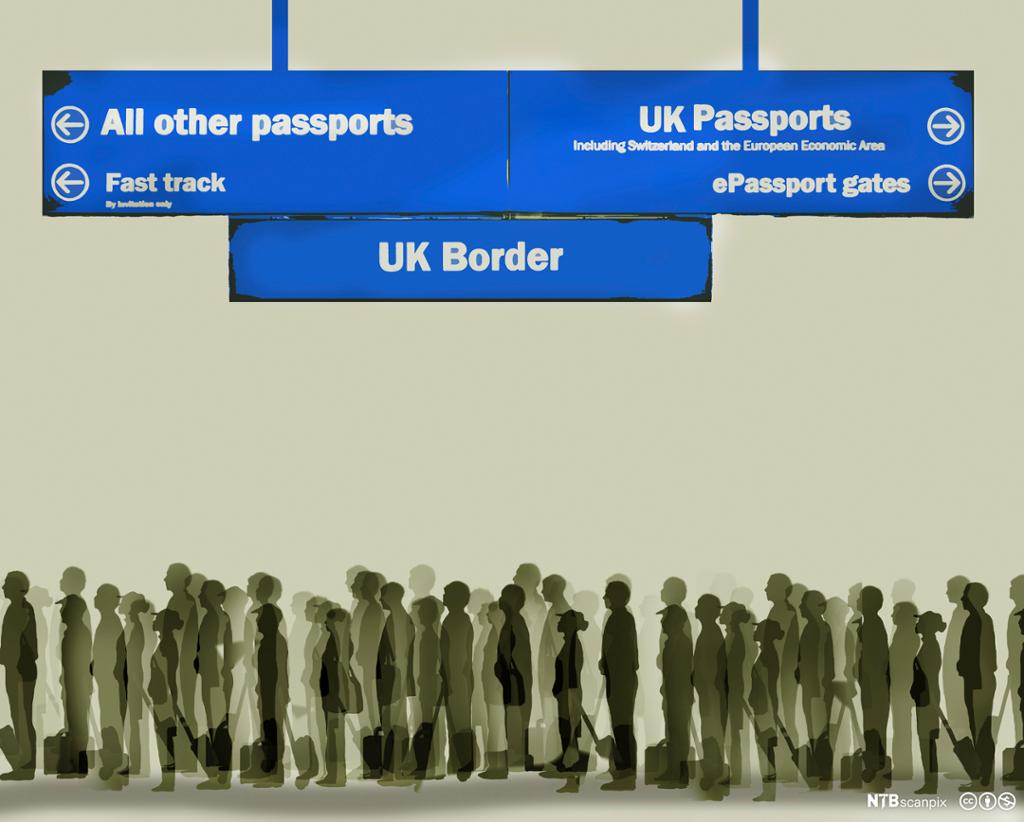Immigration and Multiculturalism in the United Kingdom

Immigration and multiculturalism in the United Kingdom
According to migration statistics published by the House of Commons Library in 2020, 6.2 million people living in the UK have the nationality of a different country, while 9.5 million are British citizens who were born abroad. In 2019, 677,000 people migrated to the UK, while 407,000 emigrated from the UK. Every year since 1998 the number of people moving into the UK has been larger than the number of people leaving by at least 100,000. In recent years there has been much debate about whether the UK is able to sustain this much immigration, and concern about what consequences immigration will have for the country.
Some would argue that multiculturalism exists in the very framework of the United Kingdom, as it is made up of four countries: Northern Ireland, Wales, Scotland and England, each with its own languages, cultures, and traditions. Another view is that the history of multiculturalism in the UK is closely linked to its past as a colonial power. The British Empire spanned the world, and imported not only raw materials, art, and new types of food and drink from the colonies; there were also people who came and settled, looking for greater opportunities in Britain. However, immigration to the UK on a large scale only started after World War II, in part related to the collapse of the British Empire. When colonies gained independence and came under new rule many saw a need to leave, and they sought a home in the UK. Post-war Britain needed manpower and welcomed immigrants from its former colonies, inspiring many to make their home there. Since 1960 the number of immigrants to the UK has typically been larger than the number of people emigrating.
All immigration has the potential to cause conflict. People who already live in an area may see newcomers as a threat to their way of life and worry that they will lose their livelihoods or that their culture will not be respected. When times are good most people will have a relaxed attitude to immigration, especially if there is a surplus of jobs and opportunities. In times of financial hardship or uncertainty people are more likely to take an aggressive stance against immigration.
Immigration was an important part of the decision for people who voted to leave the European Union in the 2016 Brexit referendum. Research done by the British Social Attitudes Survey showed that for those who voted to leave 73% were worried about immigration. In the years leading up to the referendum many wanted immigration reduced on economic, social, and cultural grounds. That the EU allowed large groups of immigrants to come and settle increased scepticism of the EU in the UK.

When many different cultures live side by side there may be culture clashes and disagreements about how to live. In the UK British culture is the majority culture, and there is an expectation that people who move to the UK accept certain core values of British society. These are values such as:
- Universal human rights – including rights for women and people of other faiths.
- Equality of all before the law.
- Democracy and the right of people to elect their own government.
Groups in society may reject some or all of these core values, causing conflict with the majority culture. After the 11 September attacks in the USA in 2001, the UK stood by the United States in the War on Terror. In the following years the UK saw several examples of domestic terrorism perpetrated by Islamists who had been born and raised in the country. The deadliest attack happened on 7 July 2005, when several bombs were detonated on buses and trains in London, killing 52 people. Terror attacks like this caused concern about the consequences of immigration and lack of integration.
In 2011, the then Prime Minister David Cameron spoke in favour of no longer tolerating that communities that live in the UK behaving in a manner that is not compatible with British core values. Cameron felt the UK had failed to provide:
"a vision of society to which they feel they want to belong […] a clear sense of shared national identity that is open to everyone […] Frankly, we need a lot less of the passive tolerance of recent years and a much more active, muscular liberalism. A passively tolerant society says to its citizens, as long as you obey the law we will just leave you alone. It stands neutral between different values. But I believe a genuinely liberal country does much more; it believes in certain values and actively promotes them. Freedom of speech, freedom of worship, democracy, the rule of law, equal rights regardless of race, sex or sexuality. It says to its citizens, this is what defines us as a society: to belong here is to believe in these things.”.
The decision to leave the European Union in 2016 was welcomed by immigration sceptics who believe that this will enable the UK to fully control its own borders. No longer bound by the 1992 Maastricht Treaty the UK will not have to welcome EU citizens to study or work in the country. The UK will also not have to obey any shared decisions the EU makes about immigration. However, this control comes at a price: there is concern that there will be a lack of doctors, nurses, and other essential personnel after Brexit is completed. It is also difficult for the UK to achieve complete control of their borders due to pre-existing agreements made about the border between Northern Ireland and Ireland. An open border between these two countries is regarded by many as essential to preserving peace in the area.
It is difficult to see what lies ahead for Britain, but what does seem clear is that immigration will continue to be a central political issue.
Relatert innhald
Find out more about immigration to the UK.
Read excerpts from two speeches about multiculturalism in the UK.